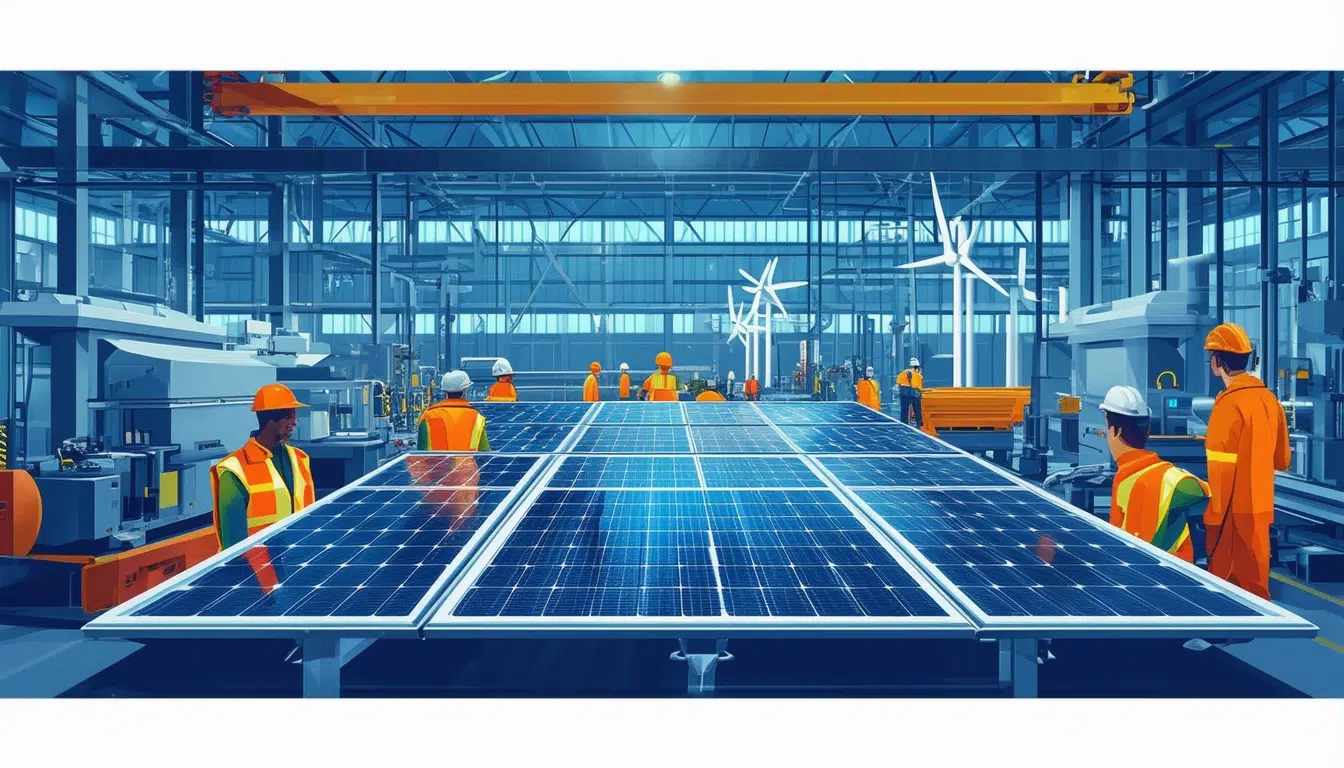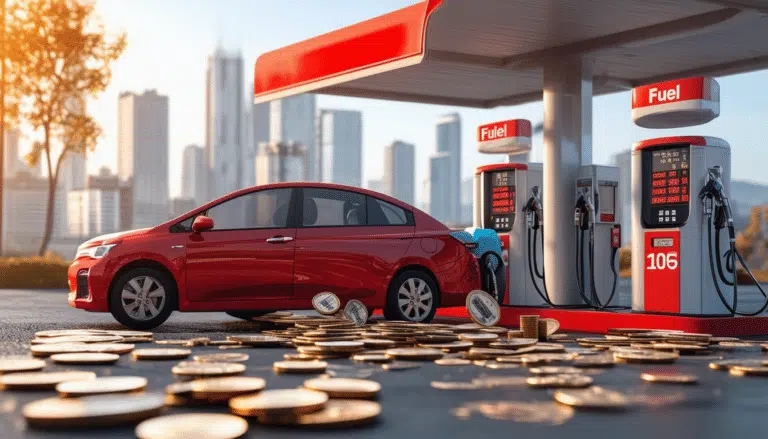Energy efficiency in industry: a path to savings

Energy efficiency in industry stands as a fundamental component in the quest for a sustainable and competitive future. By adopting measures that optimize energy consumption, companies not only manage to reduce their operating costs, but also contribute to environmental sustainability. In a global context where energy demand continues to rise, improving efficiency becomes a strategic and necessary goal for productivity and competitiveness. This approach not only allows organizations to manage their resources more consciously, but also opens the door to new opportunities for innovation and development.
Energy efficiency in the industry has become a key priority for companies seeking to reduce costs and improve their competitiveness. In this context, adopting practices and technologies that optimize energy consumption not only contributes to environmental sustainability but also generates significant savings on energy bills. This article addresses the best strategies and measures that companies can implement to achieve greater energy efficiency and, consequently, considerable savings.
What is energy efficiency in industry?
Energy efficiency in industry refers to using less energy to perform the same task. This involves implementing new technologies, improving processes, and optimizing equipment to minimize energy consumption. The benefits go beyond economic savings; they also include reducing carbon footprints and complying with increasingly strict environmental regulations.
Energy-saving practices
There are various practices that industries can adopt to improve their energy efficiency. Among them, the following stand out:
Process and equipment optimization
Reviewing and improving production processes can lead to a more efficient use of energy. In addition, updating equipment to more efficient models can significantly reduce consumption. The use of Industry 4.0 technology allows real-time monitoring and efficient resource management.
Energy efficiency in lighting and climate control
Lighting and climate control are two of the largest energy consumers in the industry. Switching to LED lighting systems and improving building insulation are effective actions that contribute to the reduction of energy costs.
The impact of energy savings on sustainability
Implementing energy efficiency measures not only affects companies’ accounts but also plays an important role in global sustainability. Every saved kilowatt-hour equates to fewer greenhouse gas emissions. Community collaboration is also essential; community strategies can maximize these efforts.
New technologies and their role in energy efficiency
Innovative technologies are at the center of improving energy efficiency. From industrial automation to artificial intelligence, these tools are helping industries do more with less. Moreover, implementing energy management systems results in significant performance improvements.
Economic benefits of energy efficiency
Investing in energy efficiency not only enhances sustainability but also offers guaranteed returns. Companies that reduce their energy consumption can reinvest those savings in innovation and development, thereby strengthening their market position. Studies have shown that a 20% improvement in efficiency can result in annual savings of thousands of euros.
The future of energy efficiency in industry
As global energy demand continues to rise, it is crucial for industries to implement energy efficiency strategies. Climate change and its effects, as described in the impact of climate change, are also driving companies to adopt sustainable practices. The community plays a vital role in this process, and industries must collaborate to minimize collective energy expenditure. Actions such as proper training for personnel on energy efficiency are pivotal to maximizing results.
Energy efficiency in industry has become an essential element to ensure the sustainability and competitiveness of companies in today’s market. As global energy demand continues to rise, adopting practices that promote a more rational and efficient use of energy resources is vital to reduce operating costs and minimize environmental impact.
Implementing energy savings measures not only contributes to the sustainability of the planet but also allows companies to reinvest the savings obtained in innovation and development. Techniques such as process and equipment optimization, improving the efficiency of lighting and climate control systems, and utilizing advanced technologies are fundamental pillars to achieve efficiency goals.
In addition, efficient energy management can be achieved through adopting monitoring and control systems that provide accurate data on energy consumption. This allows for identifying areas of improvement, implementing appropriate strategies, and measuring the impact of the actions taken. Promoting an energy culture in the workplace is essential to engage all employees in the pursuit of efficiency and savings.
Collaboration between companies and the exchange of best practices will further enhance efforts towards energy efficiency. Government initiatives also play a crucial role in this process, providing dissemination, training, and resources to facilitate the transition to a more sustainable model. In this sense, the future of industrial production is intrinsically linked to companies’ ability to adapt to an increasingly demanding and changing energy environment.




